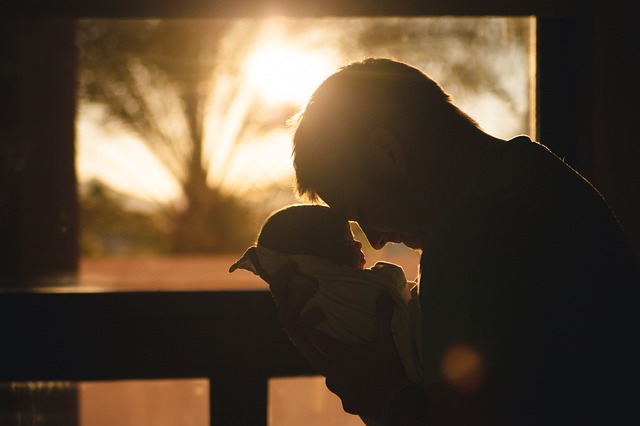The average age of new dads has gotten older in recent decades, a study says, leading to discussions on this trend’s social and health impacts.
Researchers at Stanford University analyzed birth records and found that first-time fathers are now 3.5 years older on average, compared to their counterparts in the 1970s, CBS News reports. The percentage of newborns born to fathers over the age of 40 has more than doubled as well, from 4% in 1972 to 9% in 2015.
The results are not surprising, as it follows the same pattern among American women. However, there has been less focus on the changing trend among fathers, Dr. Michael Eisenberg said. Senior author on the study and assistant professor of urology at Stanford, Eisenberg stated,
I think it’s important for us to pay attention to these demographic shifts and what their implications could be for society.
Older fathers are more likely to have offspring who may develop certain health conditions, like autism, Eisenberg noted. In addition, couples who start their families late are less likely to have many kids, which could lead to a smaller working population capable of supporting the older, retired people.
Eisenberg said, “I’m not trying to sound alarmist. But these are issues to think about.”
On the other hand, older parents do present potential benefits. Older dads tend to have more stability, better jobs and are more likely to be involved in their children’s lives.
Richard Gallagher, an associate professor of child and adolescent psychiatry at the NYU Langone Child Study Center, said that men who are better educated and are in stable relationships tend to have kids later. “And from a psychological perspective, older parents are likely to be more mature and less impulsive in their behavior,” he said. Gallagher was not involved in the study.
But, of course, age alone is not a guarantee of good parenting skills, Gallagher added.
Eisenberg’s research does show that men who become fathers from ages 35 to 44 are more likely to be living with their children, therefore taking a more active role in raising them. But since men have a longer reproductive life compared to women, the definition of an “older father” can be unclear.
“The oldest father on record was 96 years old,” Eisenberg pointed out, referring to a man in India.
The study was published in Human Reproduction.
























